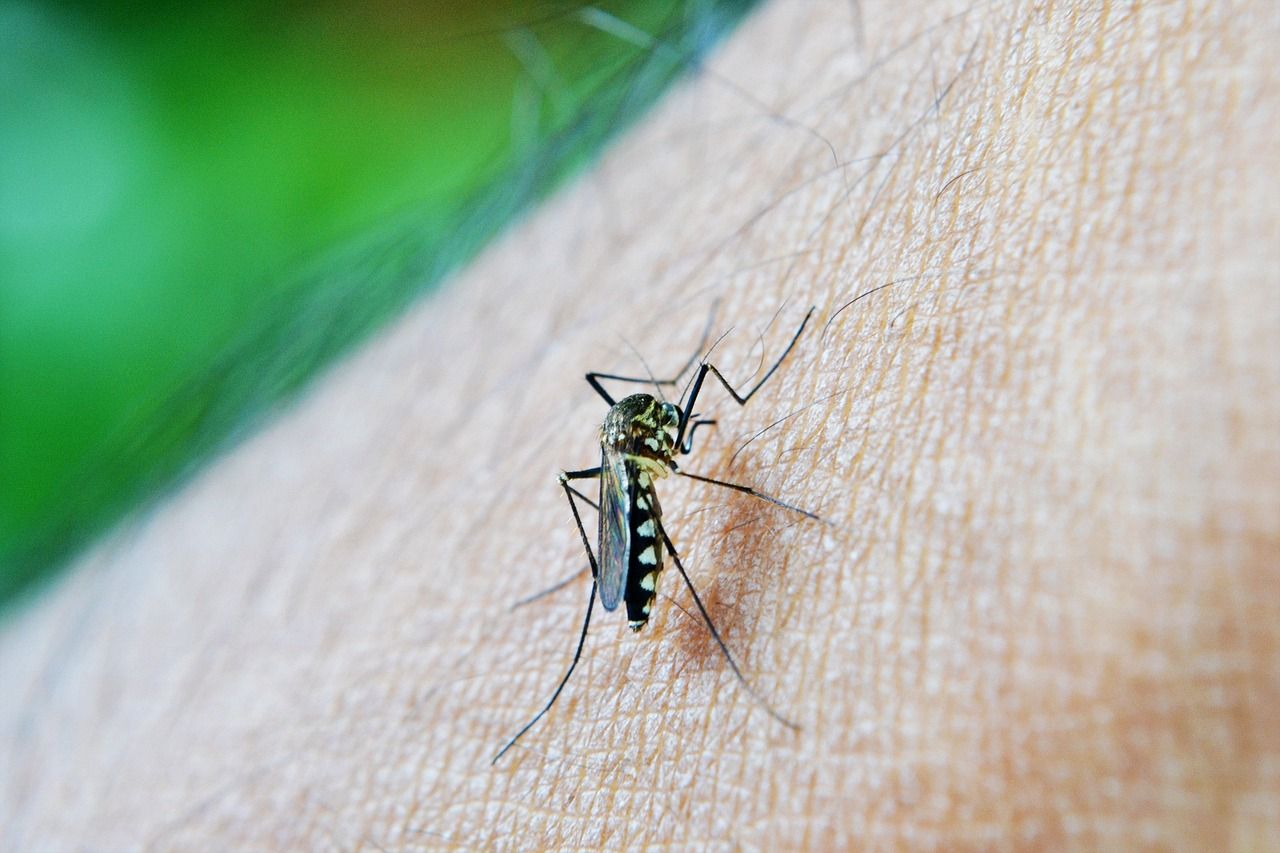Keep dengue at bay: DOH urges mosquito control for prevention
By Sonny Daanoy
The Department of Health (DOH) on Tuesday, June 11, called for stronger vigilance against dengue by killing mosquitoes and eliminating their breeding grounds.

While it continues to observe a "plateau" in the epidemic curve of dengue cases in the country, DOH cautioned the public not to be "complacent."
"The end of El Niño, along with the onset of the rainy season brings with it more water that can serve as mosquito breeding grounds. Kill mosquitoes to prevent Dengue," DOH said in a statement.
DOH Secretary Teodoro J. Herbosa emphasized that the "solution is simple to say but needs community effort to do: kill mosquitoes so that the dengue they carry will not harm you."
"The rains may have started but we can still search and destroy mosquito breeding sites - wherever water can accumulate and stay still," he added.
Dengue monitoring
DOH said it monitored a three percent rise in Dengue cases, from 5,212 between April 14 and April 27 to 5,359 between April 28 and May 11.
The number eventually dropped, with the country's health department logging 3,992 cases from May 12 to May 25.
"The DOH is cautious with this interpretation as case counts may change with late reports coming in, and we are already in the rainy season," the agency said.
From the beginning of the year until May 25, a total of 67,874 cases of Dengue have been documented, resulting in 189 deaths, according to DOH.
Dengue is a viral illness transmitted to humans by mosquitoes, which is a common occurrence in tropical climates like that of the Philippines, according to DOH.
While many who are infected by dengue may not show any symptoms, those who do typically experience a range of symptoms, including high fever (reaching 40 degrees Celsius [°C]), severe headaches, muscle and joint pains, nausea, and rashes.
"There may also be pain behind the eyes, vomiting, and swollen glands. Symptoms start 4 to 10 days after exposure from a mosquito bite and can last for 2 to 7 days. Most will get better in 1 to 2 weeks," DOH noted.
Moreover, DOH said that some individuals may experience severe dengue, which can potentially be fatal and require hospital treatment.
Symptoms of severe dengue typically appear after the high fever has gone.
"These symptoms include severe abdominal pain, persistent vomiting, rapid breathing, bleeding gums and nose, fatigue, restlessness, blood in vomit or stool, intense thirst, pale and cold skin, and feeling weak," DOH said.
"Dengue is treated for its symptoms, often with pain medicine, as there is no specific treatment at present," it added.
Due to this, DOH advised the public to use self-protection measures like long sleeves and pants that cover the skin or mosquito-repellent lotions and sprays.
The public was urged by the DOH to promptly seek early consultation upon experiencing symptoms such as fever, headache, muscle and joint pains, nausea, and rashes.
"Dengue is seasonal. We may have low case counts now, but if we relax, they will go up more than we want. Keep killing mosquitoes and stop them from biting you and your loved ones. Let's keep Dengue down!" Herbosa reminded.
On May 23, infectious disease expert Rontgene Solante emphasized the importance of the public being "highly informed" about the availability of vaccines for preventable diseases, including dengue.
Solante addressed dengue as a year-round threat, emphasizing the need for caution, particularly because children are often the most common victims of this disease.
"Especially in highly-urbanized areas like Metro Manila, Cebu, or Central Luzon. These are the hotspots that we are really watching every now and then," he said.